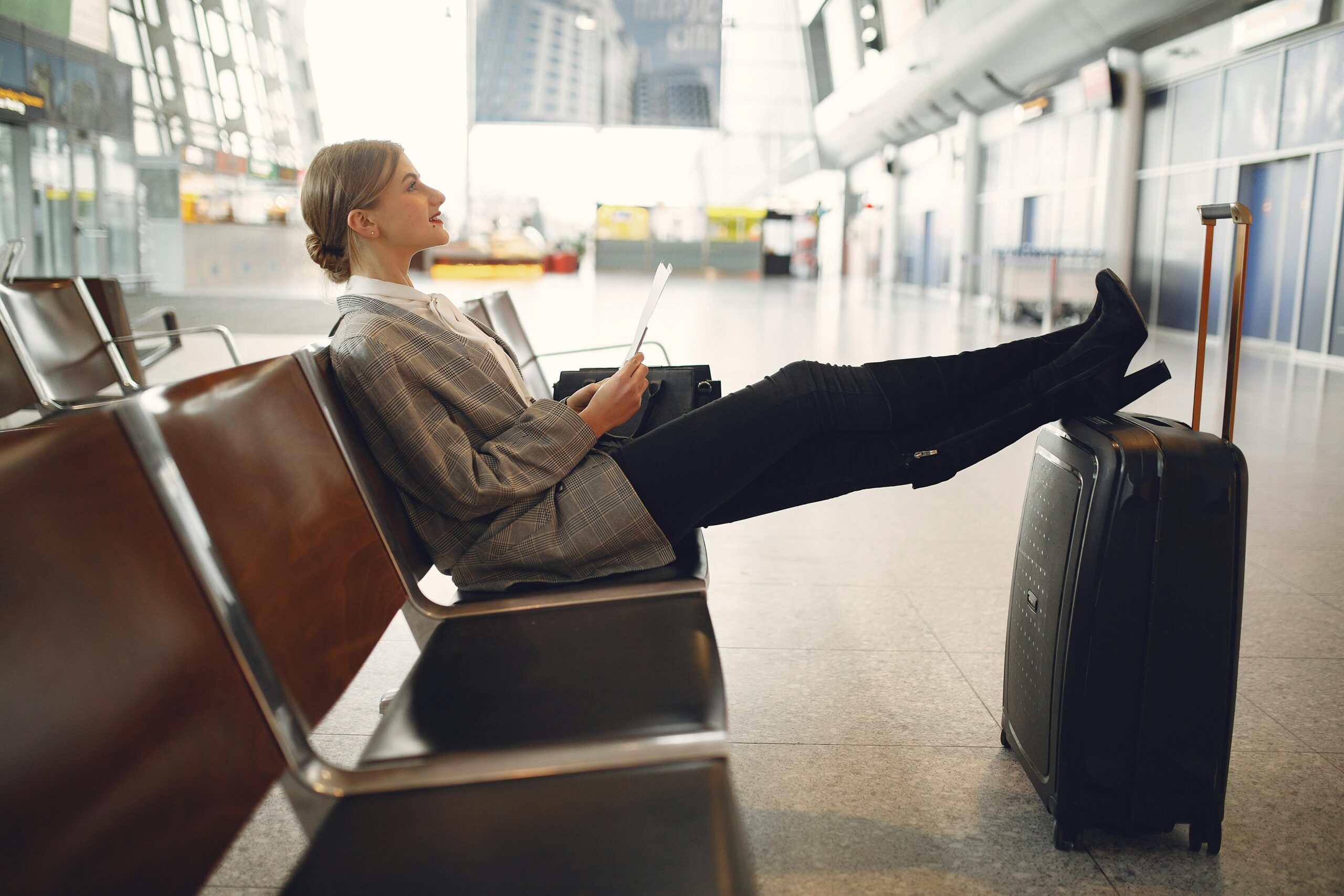A recent finding by the travel and flight deals website, Thrifty Traveler, begs the question: Are airlines charging solo travelers more for flights?
Kyle Potter, Thifty Traveler’s executive editor, noticed discrepancies when booking a Delta flight as either a solo or business traveler rather than booking for two or more passengers. Following that discovery, their team searched through hundreds of flight fares and found that the country’s largest carriers, American Airlines, United Airlines, and Delta Airlines have charged more for solo travelers.
While they report the pricing strategy is not very widespread, and does not occur on every route– they found the search results to be “undeniable.”
“And while it’s unclear how long this pricing tactic has been utilized, it doesn’t really matter: Whether it’s been just days, months, or even years, it’s something that few everyday travelers may realize is happening … or how much it might be costing them,” Potter reported on Thifty Traveler.
Potter offers an example of a United flight going from Chicago-O’Hare (ORD) to Peoria (PIA) next month, charging a solo one-way fare of $269. When adjusting the booking to two or more passengers, the ticket price decreases by almost a third, making it $181 a piece for the same economy ticket.
It appears flights with these major carriers are placing passengers into different “buckets,” determining which fares they are eligible for.
For the United flight, the lowest economy price for one passenger is Q economy fare, United’s “discount coach” fare. When adjusting to multiple travelers, the lowest fare appears, S class fares, United’s “deep discount coach” fare, appear as an option.
Potter reported he was unable to get an answer from any of the airlines on the details behind their pricing policies, but after his findings were published, Delta and United eliminated their solo pricing policies in their fare classes, making American Airlines the only carrier still profiting from single passengers on some routes.
He further wrote that this pricing tactic boils down to “segmentation” of customers, saying each traveller is willing to purchase their flights for different prices depending on their needs. He suggests the higher prices for solo or business travellers are due to the airline suspecting they are flying using the company card– while that may not always be the case.
Prior to booking flights, travel agents encourage passengers to price check using search tools such as Google Flights, Hopper, Skyscanner, and other platforms.
“We don’t know. But we can say one thing for sure: Solo travelers – whether they’re flying on a corporate account or not – will be the ones who pay the price,” Potter wrote.







Comments